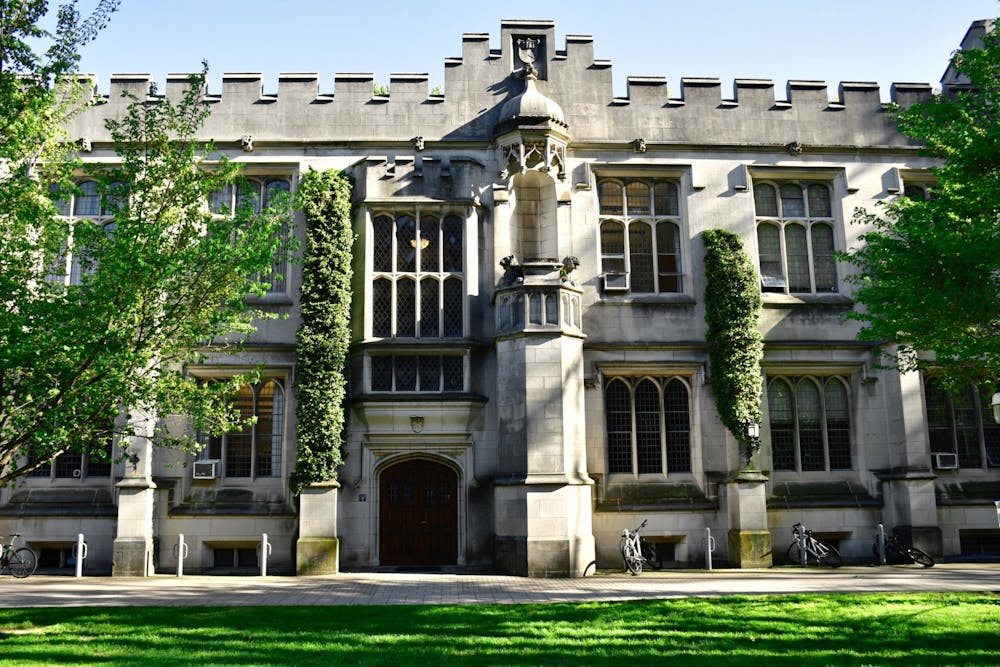Under the current system that the University has in place, it is completely possible for a student to never interact with the history of a culture or place outside of the United States or Europe. Take, for example, students in the BSE computer science major. While it is an option for them to take a Historical Analysis (HA) class, it is not required, as they can fulfill four out of their six general education requirements in other ways.
Even if they do take an HA course, there is no guarantee that it will discuss a foreign culture, as they can opt to take a course that focuses on the United States or Europe — similar to courses they took in middle and high school. This goes for AB students as well, as they, too, can opt for these academically familiar countries. Even in foreign language requirements, students may concentrate more on linguistic technicalities, as opposed to cultural aspects, in order to get the best possible grade in the class.
To educate students on topics not traditionally covered in the American education system, broaden their academic horizons, and, most importantly, instill an awareness of different cultures, the University should adjust the distribution requirements so that all students — not just those in the major — must take at least one HA course that does not focus on the United States or Europe, with the exception of those centered on African-American history.
Classes that focus on non-American or European cultures may most directly appeal to students who come from those cultures. This trend should not be viewed as a negative outcome as, especially for domestic students, these topics are not normally talked about in primary schooling and can help to teach people about their own culture in the academic space. Such classes, however, often build on information that these students already know or can learn from their personal cultural experiences.
When students who are not from these cultures are added to the class, those students actually learn completely new information. Growing up, they learned American and European history and have a large blind spot to the rest of the world.
While high-school classes may feature elements of other cultures, they are not the focus and thus are often glossed over in the curriculum. This academic foundation leaves many students with perspectives limited to dominant Western cultures. This lack of understanding and awareness then leads students to view the world from a largely Eurocentric perspective, which is far from the only way to see things.
With the University being an elite institution, its students should be learning the widest scope of information possible. They should have a cultural understanding of something beyond the dominant framework, especially as Princeton purports to train future leaders and decision-makers. It is imperative for Princeton students to see beyond an American context. By mandating that all students take a HA class that focuses on places other than the United States and Europe, they are then exposed to a broader range of information and gain the ability to see the world differently.
On top of that, interacting with students of different cultures while learning about one particular culture will have the benefit of adding nuance to one’s perspective on the coursework; the different viewpoints of students who have more personal familiarity with the material can lead to more generative class discussions and additional analysis not found in course readings. With vast opinions on the topic, students who identify with the culture being taught can also benefit from the diverse perspectives on the topic — as long as it is done in a respectful and informed manner.

African-American history should be exempted from this policy because it is still an overlooked history, despite its connection to American history more broadly. While it is still American, it is vastly different from mainstream American history, particularly because of its unique analytical and theoretical frameworks. There should be particular attention given to the subject because African Americans have had their own unique cultural experiences within America.
Princeton (and college in general) is supposed to be a place of growth and broadening perspectives. That cannot be effectively achieved if students never interact with cultures outside of the ones they have been taught their entire lives. Students, with an adjustment in the general distribution requirements, would benefit overall with interacting with other cultures beyond language.
Elijah Benson is a sophomore from Newark, N.J. He can be reached at ebenson@princeton.edu.









